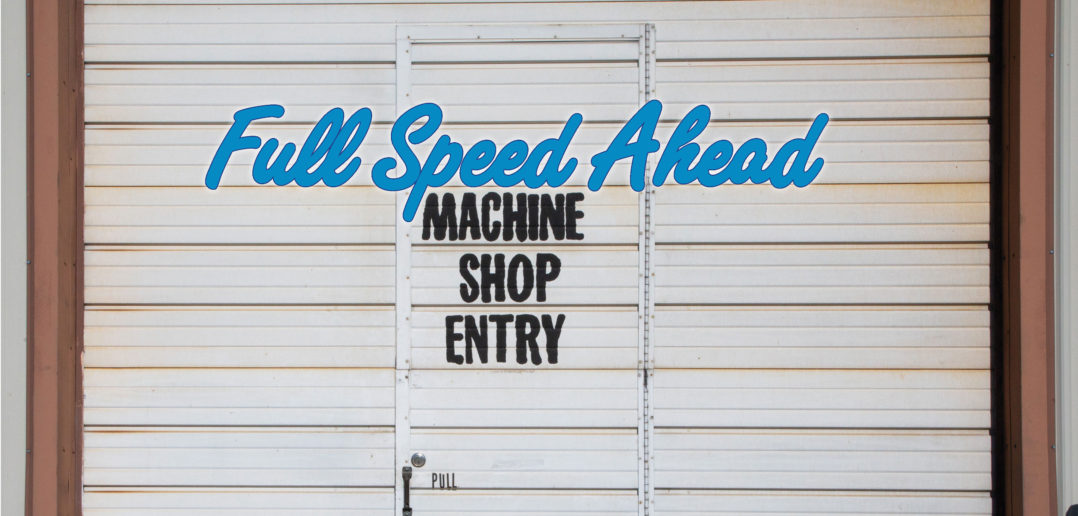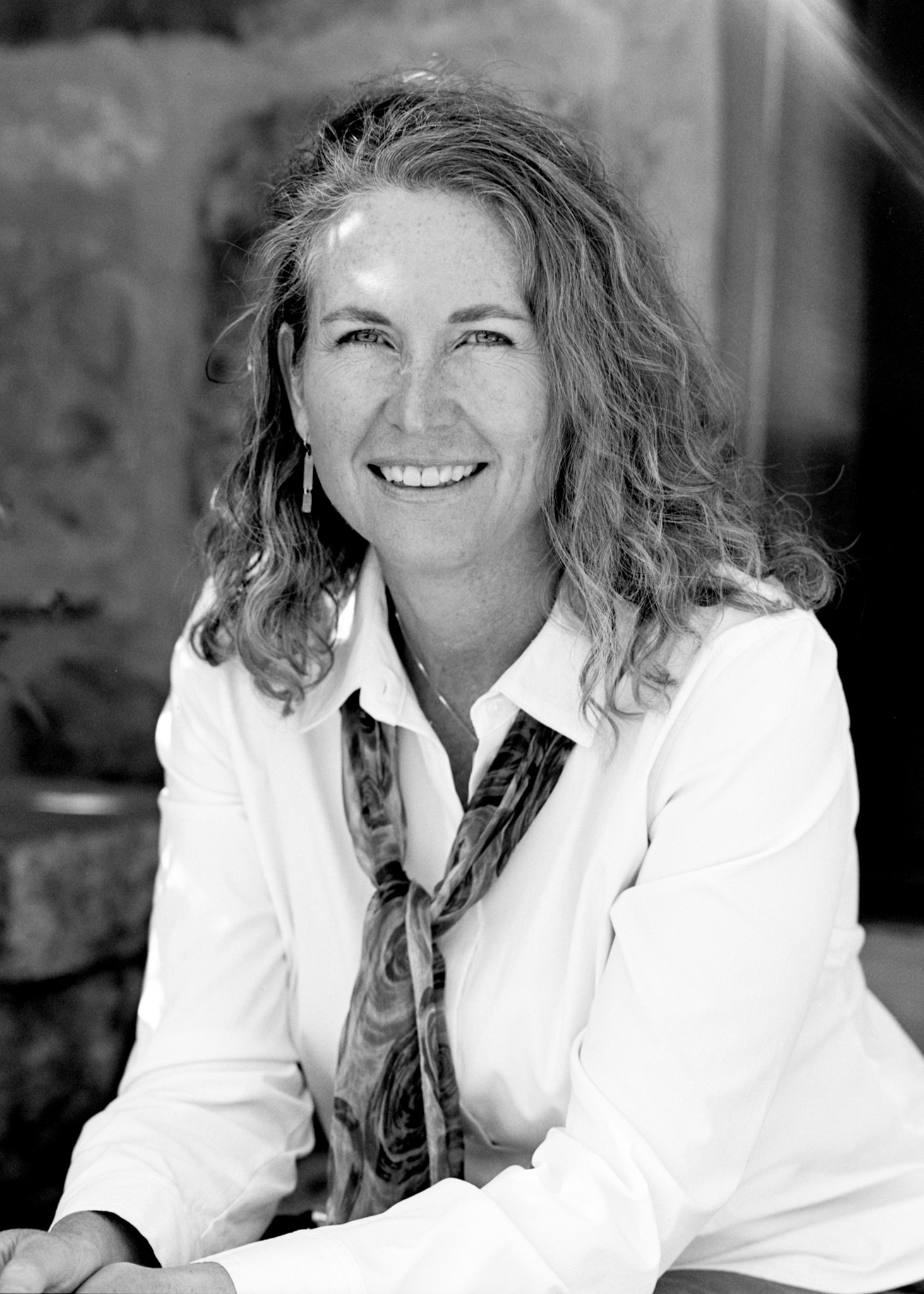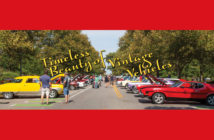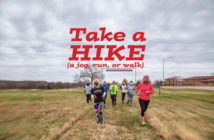The importance of auto care—including maintenance and repair—is clear as business remains relatively stable in spite of the COVID-19 pandemic.
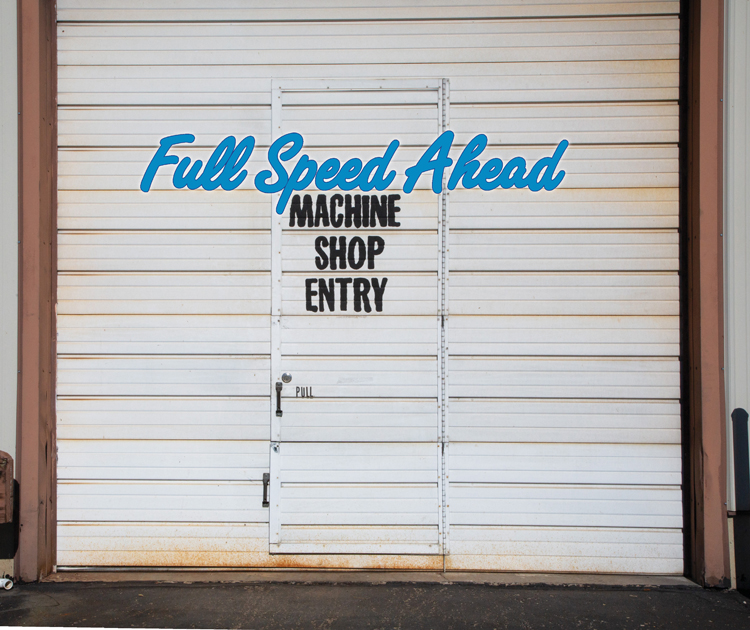
Don’s Auto Center entry
Consumers these days order everything from dinner and a movie to clothing and computers online. One thing they can’t do virtually? Auto care. It’s a hands-on industry that, after shuttering like most of the country in March and April, roared back with pent-up demand that’s mostly being met in Lawrence by neighborhood shops.
That’s not unusual, given that independent auto repair, service and body shops represent 80 percent of the U.S. repair capacity, says Tony Molla, vice president of industry relations for the Automotive Service Association (ASA), a national automotive repair trade group.
“The small independent repair shops vastly outnumber dealers,” he explains. “They really are the infrastructure that keeps everything moving.”
They also contribute greatly to local economies. Douglas County is home to dozens of independent auto and body repair, oil and lube, auto glass and tire businesses. Together with area manufacturers, distributors and parts stores, they generated 505 jobs, $24.1 million in wages and $56.3 million in economic activity in 2019, according to the Auto Care Association, which represents the independent auto-care industry.
More importantly, such businesses get vehicles—whether they’re the family car, part of a fleet or operated by law enforcement or emergency services—back on the road quickly, says Tom Harris, who, together with his brother, Russ Harris, owns Harris Auto Repair, on 23rd Street.
“We’re a transportation-based economy over and above cities in other areas,” Tom says. “We help people get to work.”
Harris’s father, Bryan Harris, had long been in the business before opening their shop in 2000. He initially focused on suspension repair, alignment and brakes. When Tom and Russ joined him, they expanded to include routine service, major engine repair and custom exhaust system work.
They fix all makes and models of cars, which means they also need a range of diagnostic equipment and training—something that’s become increasingly complex over the years.
“When we started out, a car maybe had two computers in it,” Tom says. “Now they have up to 20 computers in them for everything—the door module, headlights. It’s pretty crazy.”
Harris Auto Repair moved to its current location in 2004, which includes 5,600 square feet and six service bays. Bryan owns the building, including the portion leased to Drop Zone Extreme Sports. He retired in 2019; the brothers bought the business and are equal partners. They have two technicians; their mother, Robin Harris, also works with them.
“It really helps when you have a good mentor for all those years,” Tom says of his father. “That puts you ahead of things.”
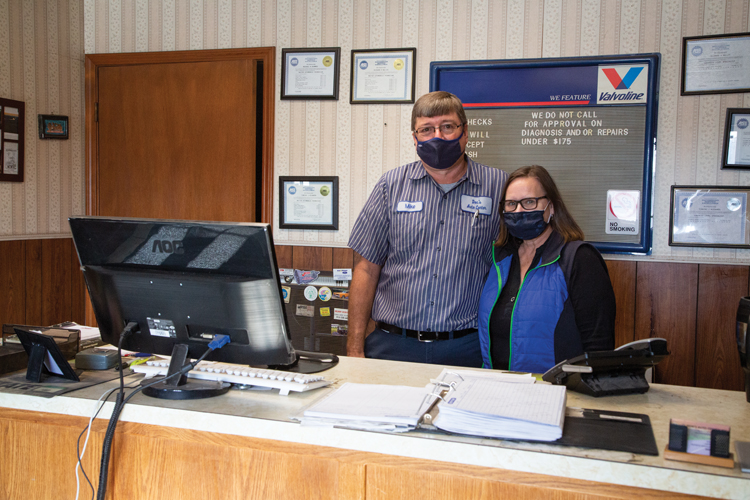
Mike Grammer and his wife Carol
A Relationship Business
To stay ahead, most shops rely on word-of-mouth recommendations rather than advertising. To earn those, they have to develop both relationships and trust with customers—something with which small businesses have an advantage.
“With independent repair shops, the owner is right there either doing the work or at the counter watching it,” says Mike Grammer, of Don’s Auto Center Inc., at 11th Street and Haskell Ave.
Mike’s father, Don Grammer, opened the shop in 1974 and focused on Volkswagen repair. Mike joined the business in 1980 as it was expanding into other domestic and import models; the center now services a 50-50 mix. The Grammers added a machine shop in 1986, which gave them full control over repairs like rebuilding engine cylinders. It also helped attract business from mechanics throughout the region who work on farm equipment and machinery.
In 1988, the Grammers built their current 4,800-square-foot, eight-bay shop. Mike bought out his father’s half of the business when Don retired 15 years ago; they both still own the building.
“Dad was as good as anyone I’ve ever known in the car business,” says Mike, who still meets his father for breakfast every Friday morning. “I couldn’t have learned from anybody better.”
He is also appreciative of a loyal customer base—he says some families have now been customers three generations. He’s equally focused on building loyalty among employees by offering health-care and retirement plans, and a supportive environment. Of Mike’s three employees, the newest has been with him for 18 years, the longest for 35.
“I feel if they’re going to send good work out the door, the guys have to be happy,” says Mike, whose wife, Carol, also works at the shop. “We try to keep a family atmosphere and take care of them.”
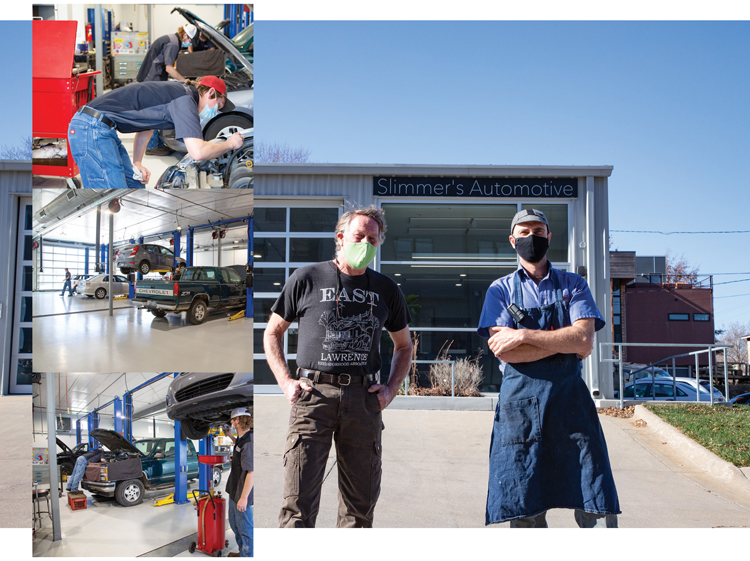
Richie Backus and Marcos Markoulatos, owners of Slimmer’s Automotive; Slimmer mechanics working on cars in their service garage
A Contributing Factor
Businesses like the Grammer’s might be small, but economic activity sparked by the auto-care industry generates output and jobs in hundreds of other industries, according to economic research firm John Dunham & Associates, which conducted the Auto Care Association study.
Richie Backus and Marcos Markoulatos, who own Slimmer’s Automotive Service, explain that local shops buy tires, parts and other supplies from independent suppliers, franchises of bigger chains and dealers, as well as support other area businesses.
“All the money that comes in, we put back into Lawrence,” Markoulatos says. “We shop locally. To me, that’s what makes the world go round on a local level. We do as little Amazon as we can get away with.”
They tapped Pride of Gumbo for new building, door and window signage; head to Cottin’s Hardware & Rental for any hardware needs; use the Roark Group for accounting; buy tires from D & D Tire Service, which does both retail and wholesale sales at its shop at 10th and Vermont streets; and refers customers to businesses like Downtown Muffler & Brake for services they themselves don’t provide.
“And there’s Lawrence Beer Company,” laughs Markoulatos, who is a former BMW technician and certified mini master technician. “We go there a lot for lunch.”
Before buying Slimmer’s in 2019, Markoulatos was working in Kansas City, and Backus was driving to Topeka, where he oversaw motorcycle, vintage tractor and other magazines for a publishing company. Both were tired of commuting, and they soon decided to approach Pat and Linda Slimmer about taking over the business. It wasn’t a long shot—Backus had worked for the Slimmers in the 1990s, first as its general manager and later as what he calls a “weekend warrior.” Markoulatos had long been friends with the couple.
“Pat had joked for years with me, telling me, ‘Whenever you’re ready to buy a shop, let me know,’ ” he says. “We thought, ‘Well, let’s see what that actually looks like.’ ”
The Slimmers retired and sold the shop to the business partners, who then moved it to a newly renovated 6,400-square-foot location at 9th and Delaware streets last September. They have seven technicians, including longtime service manager Joe Patrick, who both owners credit with maintaining a sense of intense loyalty among their clients. They encourage continuing education among their employees (including paying education bonuses), provide health care and try to be flexible in other ways.
And when it comes to how they treat customers? There’s just this rule: “You have to be straight with people,” Markoulatos says. “That’s No. 1.”
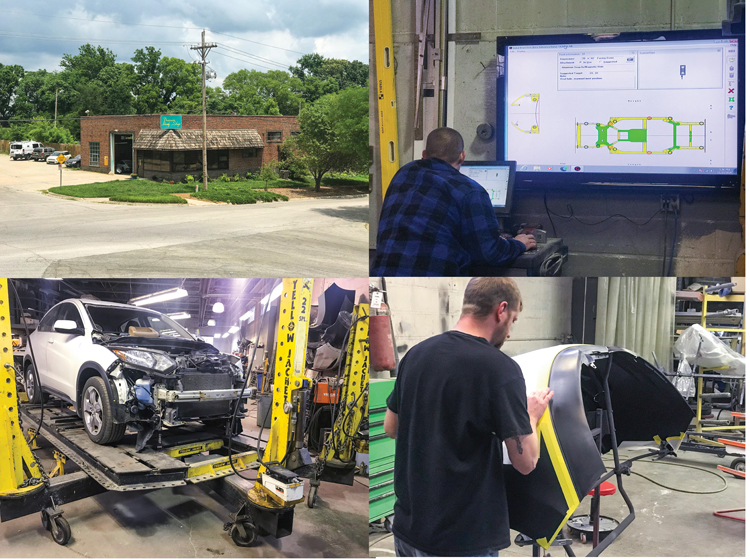
Pearson’s Collision Repair, outside and in the shop.
The Details Matter
Communication and professionalism are important, agrees Mike Pearson, owner of Pearson Collision Repair. Pearson says all some people know when they come to him after an accident damages the body or frame of their car is that they want it fixed. He’s passionate about doing it right, down to details like matching the exact paint codes for every part. The result? Repeat customers and referrals.
“We have families that we’ve fixed eight or 10 cars for over the years, between the parents and their children,” Pearson says. In total, Pearson’s shop has repaired almost 23,000 vehicles since they started keeping count in 1987.
By then, Pearson had been in the business for years. He rebuilt his first car when he was just 18, a 1961 Austin-Healey that cost $100 because it was missing the top, back seats and transmission cover. He drove it home, fixed it and subsequently turned his parents’ Johnson County garage into something of a body shop. Pearson continued doing body work, and then he and his wife, Debbie, opened their first shop in North Lawrence in 1981. He bought his current location, which sits on a 1-acre lot at 6th and Connecticut streets, a decade later.
Pearson has three employees in the shop; Debbie and her sister, Christina Messineo, help keep things running in the office. His might be a small business, but it adds jobs and taxes to the local economy. Consumers also benefit: Convenient access to such services saves them both time and expense because they don’t have to drive out of town for repairs, he explains.
When the pandemic unfolded earlier this year, Pearson didn’t know what to expect. Business was off about 20 percent in the early months before rebounding more recently. That’s to be expected given collision repair revenue nationwide is down between 25 and 30 percent, the ASA’s Molla says.
“People were driving less,” he explains. “When you drive less, you have fewer accidents.”
Mechanical repair shops have fared slightly better, but most owners remain cautious in their outlook.
“It’s still a big concern,” Don’s Auto Center’s Mike Grammer says of the current climate. “There are a lot of people out of work downtown, small mom-and-pop retailers, bars, restaurants. I’ve got customers coming in who haven’t worked since March, and they’re struggling.”
An Uncertain Future
The long-term impact is yet to be seen. On the one hand, the average age of the nation’s 290 million vehicles is 11.9 years. That’s likely to rise as consumers hold onto aging vehicles during economic uncertainty, according to the Auto Care Association. That could drive demand for local repair and collision services. But more people may continue working from home, even after the pandemic eases, reducing total miles driven and the need for maintenance and repairs.
The only thing shop owners like Mike Grammer say they can do is continue focusing on their customers.
“We’ve always tried to treat customers like we’d want to be treated if we had our car somewhere,” he says. “That’s the motto my dad taught me when I started working here.”
![]()

